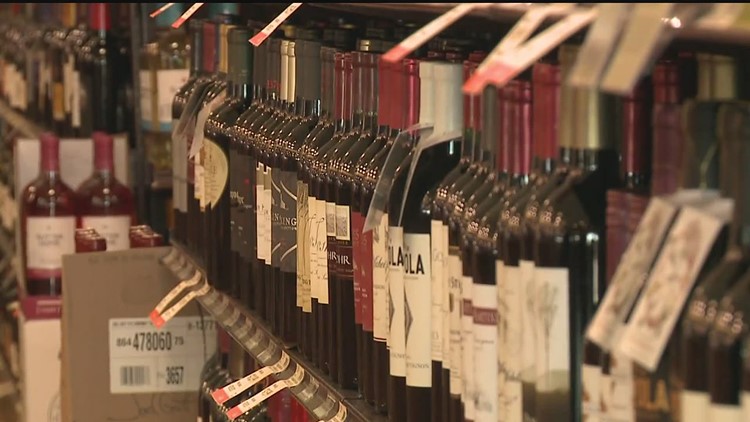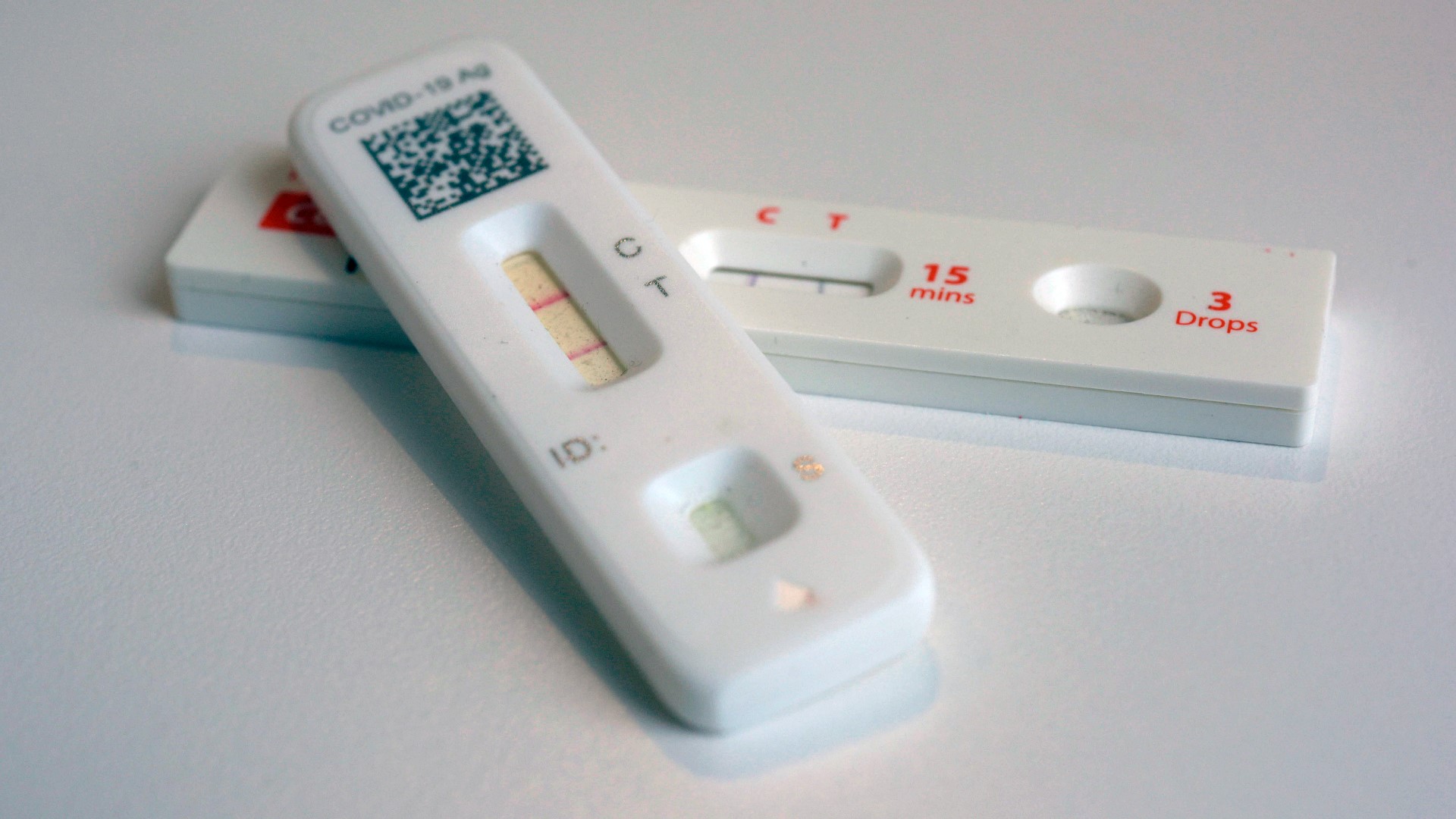HARRISBURG, Pa. — In addition to offering a limited number of items for curbside pickup at select store locations across the state on Monday, the Pennsylvania Liquor Control Board also announced that it is re-opening its Special Order program, which offers items not stocked by the PLCB, in a limited capacity later this month.
The decision is in response to requests from retail licensees and suppliers, the PLCB said. The program offers items not stocked by the PLCB. It will be available in a limited capacity beginning later this month, the agency said.
The Special Order is available only for retail licensees that also have a wine expanded permit, since they are the only retail licensees that can sell wine to go and since all sales and service of on-premises consumption is prohibited until further notice, the PLCB said.
All holders of wine expanded permits will be able to order Special Orders beginning Wednesday, April 22, with no limitations to the Special Order catalogue or order size.
Licensees will be able to pick up Special Orders from designated PLCB locations beginning Friday, April 24.
Fourteen locations across Pennsylvania have been designated for licensee Special Order deliveries and pickups, by appointment, the PLCB said. The locations are in:
- Bethlehem, Northampton County
- Bridgeville, Allegheny County
- Broomall, Delaware County
- Canonsburg, Washington County
- Erie, Erie County
- Feasterville, Bucks County
- Harrisburg
- Lancaster
- Marshall's Creek, Monroe County
- Norristown, Montgomery County
- Philadelphia
- Pittsburgh
- West Chester, Chester County
- Wilkes-Barre, Luzerne County
PLCB fulfillment facilities for e-commerce orders, curbside pickup, and Special Orders are implementing public health best practices to protect employees and customers, including enhanced facility sanitation, social distancing protocols, limiting the numbers of employees working in any facility at a time, and scheduling customer and licensee pickups.
The PLCB is not considering reopening stores to the public at this time, although it continues to monitor the situation in consultation with the Wolf Administration and public health officials.



